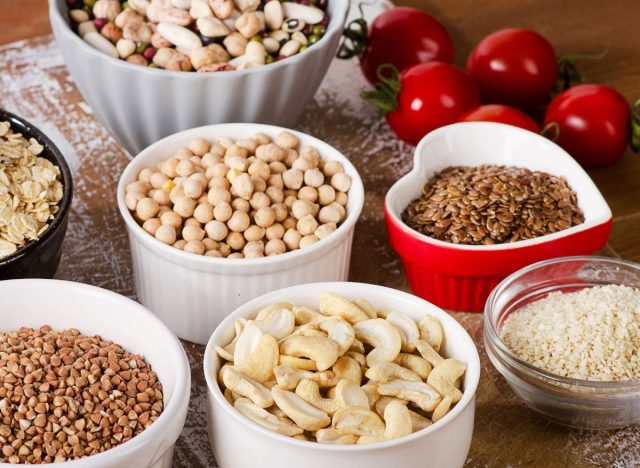Most of us probably don't think of food or diet when we hear the word copper; instead, our first thought might be a penny or another household product. However, many people don't realize that because copper is an essential mineral, our bodies actually need it to function.
Copper is needed for building a healthy immune system as well as forming red blood cells, healthy blood cells, and healthy connective tissues. Because of its many functions, copper is considered by some to be one of the best minerals for your heart and bone health.
How much copper do we need?
We already contain a certain amount of copper in our bodies on a regular basis, and according to the Journal of Biochemistry of Copper, about 75% of the body's copper is found in our bones and muscles, with the rest of it located in the brain, heart, and liver.
When it comes to the recommended daily value of copper, there is still much debate. According to a report published in Advances in Nutrition, the copper RDA for adults in the United States is about 900 micrograms per day, which apparently 25% of Americans don't meet.
However, the recommended daily value varies across different countries. For example Advances in Nutrition also says that the recommendations are higher in the UK (at around 1,200 micrograms) and in Australia and New Zealand (around 1,700 micrograms). This makes many experts wonder whether the RDA for the United States is simply too low of a requirement.
How copper affects your heart and bone health

The report published in Advances in Nutrition states that having a copper deficiency is linked to cholesterol issues, as well as problems with glucose metabolism. This is known to negatively impact your blood pressure and heart functioning as well.
Copper has also been found to help prevent bone issues and build bone strength. In fact, copper deficiency in children is linked to a greater risk of developing osteoporosis.
How can you consume more copper?
There are plenty of foods that naturally contain copper. According to the National Institute of Health, these copper-rich foods include many types of seeds, nuts, whole grains, shellfish, and even some chocolate!
One thing that experts do warn of is that copper can interfere with your body's absorption of certain vitamins and nutrients like vitamin C, zinc, and iron. Before supplementing or increasing your copper intake, talk with your doctor to make sure this will benefit you!
No comments:
Post a Comment